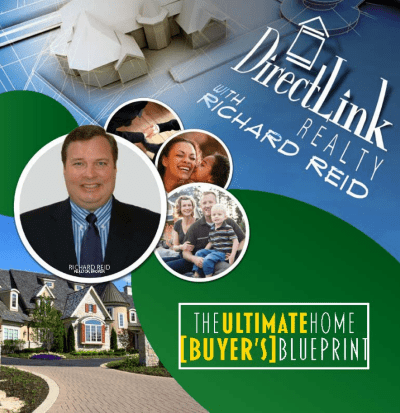Choosing the right type of mortgage is one of the most critical decisions when buying a home. Two common options are conventional loans and government-backed mortgages, each with distinct features, benefits, and requirements. Understanding these differences can help borrowers select the option that aligns best with their financial goals and homeownership needs. In this article, we’ll explore what sets these two mortgage types apart and provide insights to guide your decision-making process. Whether you’re a first-time homebuyer or refinancing, this guide will offer clarity on which loan might suit your situation.
What Are Conventional Loans?
Conventional loans are mortgages not insured or guaranteed by the federal government, typically offered by private lenders such as banks and credit unions. They are popular among borrowers with strong credit histories and stable financial profiles. These loans often have stricter qualification criteria, including higher credit score requirements and larger down payments. Despite this, they offer competitive interest rates and greater flexibility in terms of loan amounts and repayment options. Conventional loans are ideal for borrowers seeking a straightforward mortgage solution without relying on government support.
What Are Government-Backed Mortgages?

Government-backed mortgages are loans insured by federal agencies, such as the Federal Housing Administration (FHA), Department of Veterans Affairs (VA), or the U.S. Department of Agriculture (USDA). These programs aim to make homeownership accessible to a broader range of borrowers, including those with lower credit scores or limited funds for a down payment. FHA loans, for example, allow for down payments as low as 3.5%, while VA loans often require no down payment for eligible veterans. These mortgages typically have more lenient qualification standards, though they may come with additional costs like mortgage insurance premiums or funding fees.
Key Differences Between the Two
One major difference between conventional loans and government-backed mortgages is the source of their backing. While conventional loans rely on private lenders and do not have government guarantees, government-backed loans reduce risk for lenders through federal insurance. This distinction impacts borrower requirements, costs, and flexibility. Conventional loans often have lower overall costs for qualified borrowers, but government-backed mortgages offer accessibility for those with financial challenges. Additionally, conventional loans provide more freedom in property types and loan limits, while government-backed programs may impose restrictions to ensure affordability and community focus.
Advantages and Disadvantages

Each mortgage type comes with its pros and cons. Conventional loans offer lower interest rates for highly qualified borrowers and do not require mortgage insurance if the down payment exceeds 20%. However, they can be harder to qualify for, especially for those with credit issues or limited savings. Government-backed mortgages make homeownership achievable for those facing financial barriers but may include additional costs like mortgage insurance premiums. Understanding these trade-offs is crucial in determining which mortgage aligns with your financial strategy and long-term goals.
Conclusion
Deciding between a conventional loan and a government-backed mortgage depends on your financial situation, creditworthiness, and homeownership goals. While conventional loans offer flexibility and competitive rates for qualified borrowers, government-backed mortgages provide pathways to homeownership for those who might otherwise struggle to qualify. By carefully weighing the benefits and requirements of each option, you can make an informed decision and take a confident step toward achieving your homeownership dreams.
#HomeLoans #ConventionalLoans #GovernmentBackedMortgages #FHALoans #VALoans #USDALoans #HomeOwnership #MortgageTips #RealEstate


For a copy of our home buying process, please fill out the form on this page. The guide will be emailed immediately.
If you are looking for assistance in the metro Atlanta area, please reach out to us. We would love the opportunity to help you with your home purchase or sale.
If you are in another part of the country, we may be able to refer you to an agent in your market.
